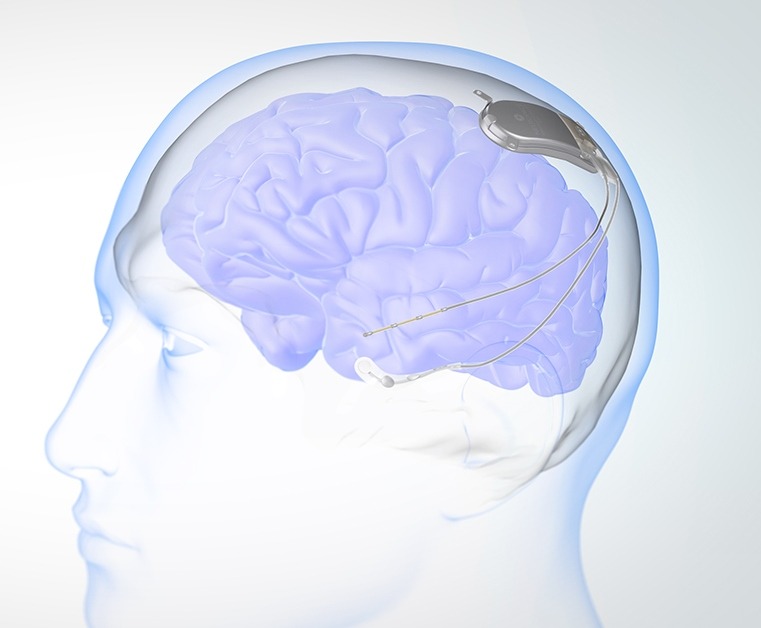Published on
Updated
Reading 2 min.
in collaboration with
Wilfrid Casseron (Neurologist)
Victim of epilepsy and obsessive compulsive disorder (OCD), Amber Pearson, a 34-year-old American woman, saw her life transformed thanks to a brain implant. Explanations from Dr Wilfrid Casseron, neurologist in Aix-en-Provence.
Before her operation, Amber Pearson’s life was a nightmare. Her obsessive-compulsive disorders punctuated her life, whether it was washing her hands until they bled, checking that the windows were closed, checking the gas, showering after changing her cat’s litter box or scrupulously avoiding others, particularly by eating alone, for example. fear of being contaminated… Disorders which ruined her personal and social life, and which consumed her “between eight and nine hours a day“, according to him.
A brain operation that changed his life
“Before, I was constantly stuck in my head, worrying about my obsessions.” confides the young woman. Today, after having undergone an operation which equipped her with a deep brain stimulation implant, the American describes herself as “present in his daily life” and finds it “incredible”.

Indeed, this implant will allow him to reduce his epileptic seizures but also his OCD, which have not completely disappeared but now only takes 30 minutes a day.
Amanda’s idea turned into reality
The young woman underwent surgery in 2019. She was the one who suggested the idea to the doctors who follow her. Indeed, having already undergone a partial removal of her brain to treat her epilepsy – an operation which did not work – the young woman, always the victim of violent seizures which even caused her to have a cardiac arrest once, had to be placed an electrode against his illness.
She then said to them: “Since you are going into my brain to put an electrode and I have OCD, can you also put one for OCD?“. His suggestion was taken seriously by the doctors.
Amber was operated on by Dr Ahmed Raslan, who fitted her with a 32 millimeter implant, which sends an electrical pulse when it detects abnormal reactions in the young woman’s brain, in order to restore its usual functioning.
“This is a well-known technique called deep brain stimulation” explains Dr. Wilfrid Casseron, neurologist in Aix-en-Provence. “It is also used for patients affected by Parkinson’s disease. One or more electrodes are installed in strategic areas of the brain and connected to a box, fixed in the patient’s thorax, like a pacemaker“.
According to the specialist, the technique is not suitable for all patients but may be suitable for those who are refractory to psychotherapies and neuroleptics. “For certain patients whose social life is completely disrupted by OCD, this may be a possible solution to restore normal functioning in their home.” he concludes.
